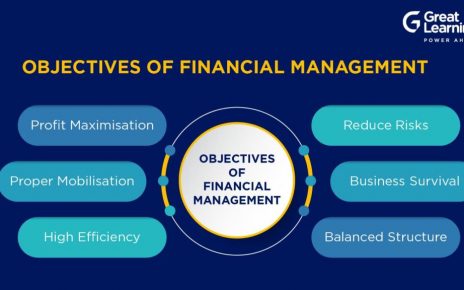Investing at a young age can set the stage for a prosperous financial future. As a young adult, the power of compounding works in your favor, allowing even small investments to grow significantly over time. Here are some unique and practical investing tips for young adults to help you navigate the world of finance.
1. Start Early and Leverage Compound Interest
The earlier you start investing, the more you benefit from compound interest. Compound interest is the process where the money you earn on your investments starts earning money itself. For example, investing $100 a month from the age of 25 can grow substantially more than starting the same investment at 35, thanks to the compounding effect over the extra ten years.
2. Educate Yourself About Investment Options
Before diving into investing, take time to educate yourself about different investment vehicles. Stocks, bonds, mutual funds, and ETFs each have their own risk and return profiles. Understanding the basics of these can help you make informed decisions. There are plenty of online courses, books, and financial blogs tailored for beginners.
3. Set Clear Financial Goals
Having clear financial goals can guide your investment strategy. Are you saving for a down payment on a house, a future business, or retirement? Knowing your goals helps determine your investment horizon and risk tolerance. Short-term goals may require safer, more liquid investments, while long-term goals can afford more risk.
4. Diversify Your Portfolio
“Don’t put all your eggs in one basket” is sage advice, especially in investing. Diversifying your investments across different asset classes reduces risk. If one investment underperforms, others can compensate. Consider a mix of stocks, bonds, and real estate to balance your portfolio.
5. Take Advantage of Employer-Sponsored Retirement Plans
If your employer offers a 401(k) or similar retirement plan, contribute to it, especially if they match contributions. Employer matches are essentially free money, boosting your retirement savings. Maximize your contributions if possible, taking advantage of tax benefits and compound growth.
6. Consider Low-Cost Index Funds
Index funds are a great option for young investors due to their low fees and broad market exposure. They track a specific index, like the S&P 500, and offer a diversified investment with lower management costs compared to actively managed funds.
7. Build an Emergency Fund
Before heavily investing, ensure you have an emergency fund. This fund, typically 3-6 months’ worth of living expenses, acts as a financial safety net. It allows you to invest with more confidence, knowing you have a cushion for unexpected expenses.
8. Automate Your Investments
Automating your investments ensures consistency and removes the temptation to spend instead of saving. Many brokerages allow you to set up automatic transfers from your bank account to your investment accounts. This “set it and forget it” approach ensures you’re consistently investing without needing to make manual decisions each month.
9. Stay Informed and Adjust as Needed
The financial markets are dynamic, and staying informed is crucial. Regularly review your investment portfolio and be prepared to make adjustments based on changes in your financial goals, risk tolerance, or market conditions. However, avoid the temptation to frequently trade based on short-term market fluctuations.
10. Seek Professional Advice When Necessary
If you feel overwhelmed or uncertain about where to start, consider seeking advice from a certified financial planner. A professional can provide personalized guidance and help you develop a comprehensive investment strategy tailored to your goals and financial situation.
Conclusion
Investing as a young adult is one of the best financial decisions you can make. By starting early, educating yourself, diversifying your portfolio, and leveraging tools like employer-sponsored retirement plans and automated investments, you can build a strong financial foundation. Remember, investing is a marathon, not a sprint. Stay disciplined, informed, and patient, and your efforts will pay off in the long run.




